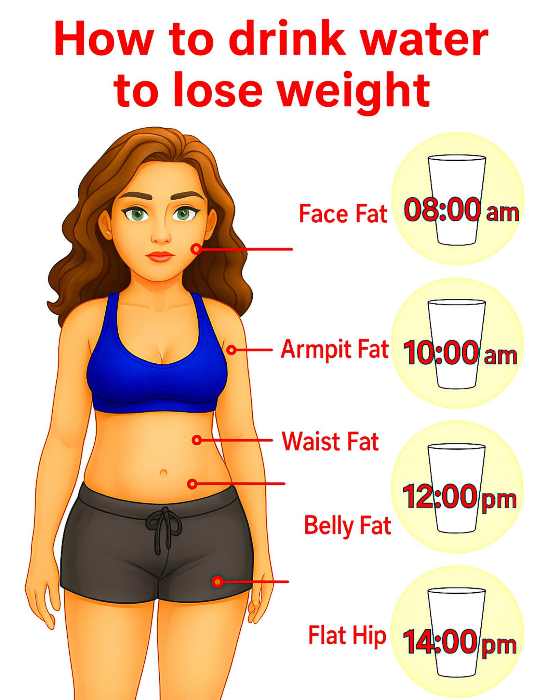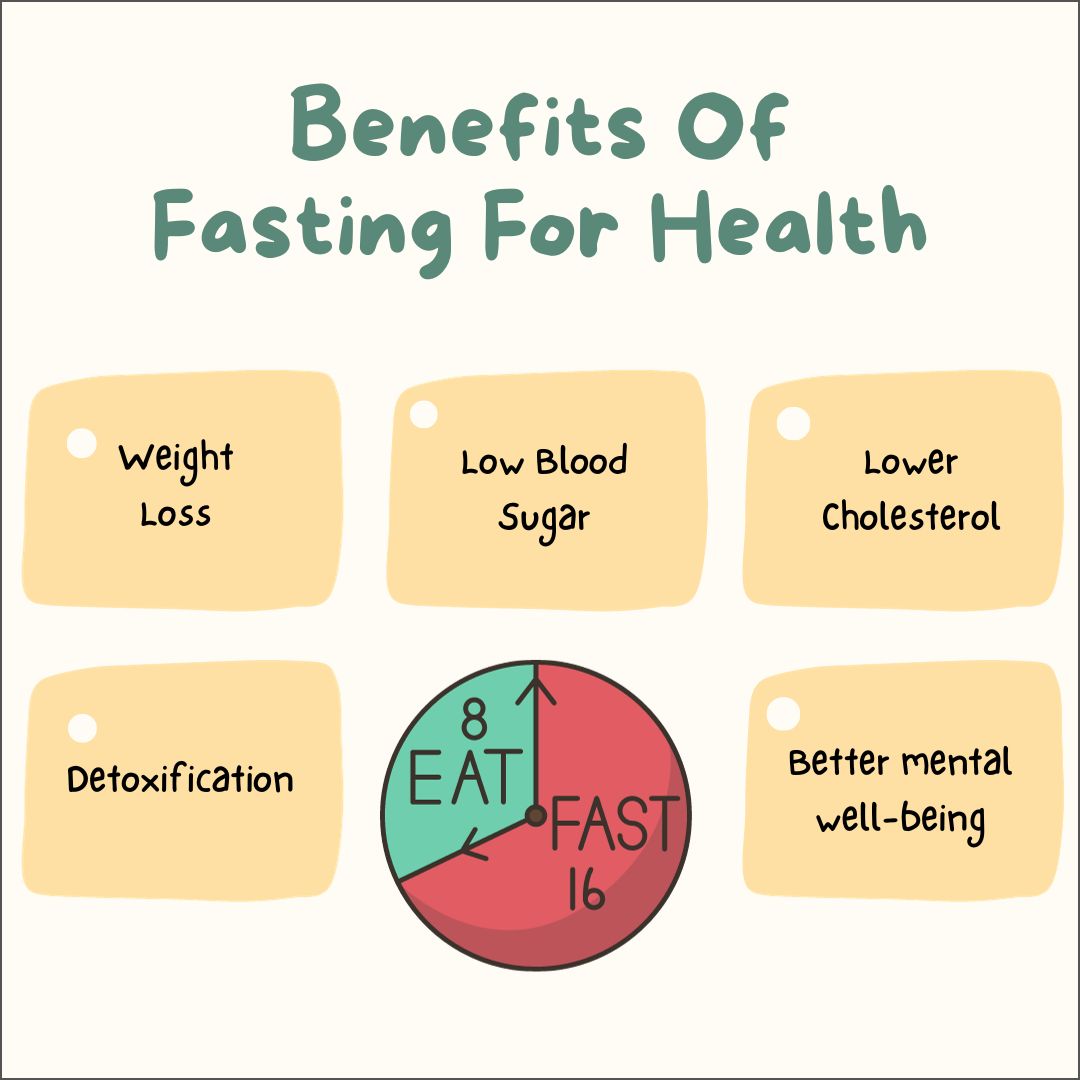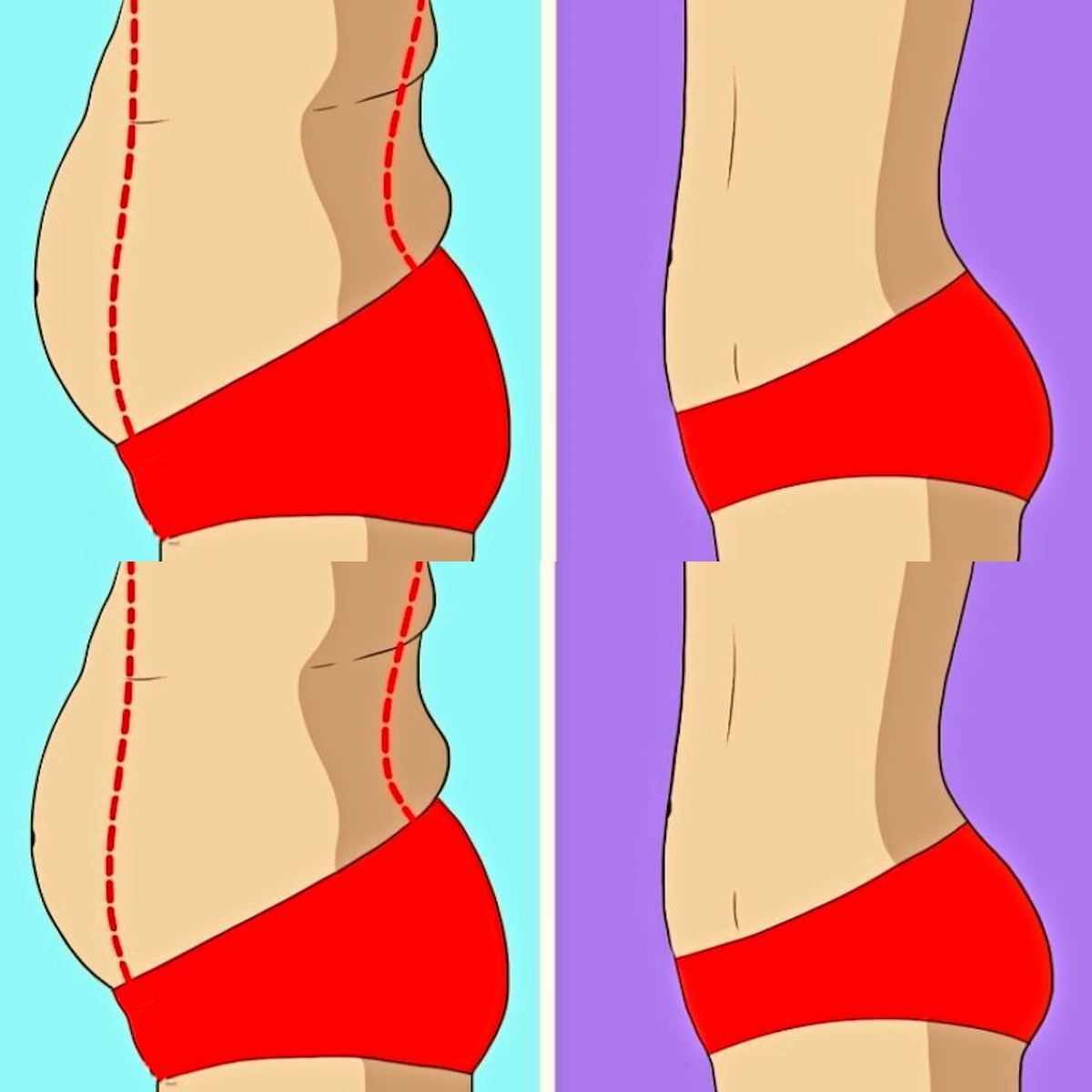
Among the myriad strategies for weight management, optimizing hydration stands out as one of the most fundamental yet impactful interventions. While often overshadowed by complex diet and exercise regimens, the strategic consumption of water is a powerful tool supported by scientific evidence. Proper hydration can enhance metabolic rate, regulate appetite, and optimize a host of physiological functions that are critical for effective and sustainable weight loss.
This guide will examine the scientific mechanisms through which hydration influences weight management. We will then outline an evidence-based daily hydration schedule designed to support metabolic health and provide practical strategies for maintaining consistency. For individuals initiating a fitness program or seeking to overcome a weight loss plateau, mastering hydration is a foundational step toward achieving their goals.

The Scientific Rationale: Why Hydration Impacts Weight Management
Understanding the physiological impact of water is key to leveraging it effectively. The benefits extend far beyond simply quenching thirst.
1. Metabolic Enhancement via Water-Induced Thermogenesis Scientific literature has demonstrated that water consumption can temporarily increase the body’s metabolic rate. This phenomenon, known as water-induced thermogenesis, occurs as the body expends energy to warm the ingested water to body temperature. One pivotal study found that drinking 500 ml (approx. 17 oz) of water increased metabolic rate by as much as 30% for up to 90 minutes. While modest, the cumulative effect of this metabolic boost throughout the day can contribute significantly to total daily energy expenditure.
2. Appetite Regulation and Satiety The body’s signals for thirst and hunger are processed in the same region of the brain (the hypothalamus) and can often be misinterpreted. Consequently, what is perceived as a hunger pang may in fact be a sign of dehydration. Maintaining optimal hydration can mitigate unnecessary snacking. Furthermore, consuming water prior to meals increases gastric distension, signaling a sense of fullness (satiety) to the brain and leading to a reduction in caloric intake during the meal.
3. Optimization of Digestive Function Adequate hydration is essential for maintaining a healthy digestive system. It facilitates the breakdown of soluble fiber and prevents constipation, a condition that can lead to abdominal bloating and discomfort. An efficient digestive system is a cornerstone of metabolic health.
4. Enhancement of Physical Performance Even mild dehydration can significantly impair physical performance, reduce energy levels, and decrease motivation. Proper hydration ensures that muscles function optimally, allowing for greater intensity and duration during exercise—a critical factor for burning fat and building lean muscle tissue.
5. Reduction of Liquid Calorie Intake A simple yet highly effective strategy for creating a caloric deficit is replacing high-calorie, sugar-sweetened beverages (such as sodas, juices, and specialty coffees) with water. This single change can eliminate hundreds of “empty” calories from one’s daily diet.

An Optimized Daily Hydration Schedule for Weight Management
Morning: Rehydration and Metabolic Activation
- Time: Immediately upon waking
- Volume: 16–20 oz (500–600 ml), preferably at room temperature or warm
- Physiological Rationale: The body undergoes significant dehydration during sleep. This morning intake replenishes lost fluids, rehydrates cells, and initiates the thermogenic effect that elevates resting metabolic rate. Waiting 30 minutes before breakfast allows for full absorption.
Mid-Morning: Pre-Meal Satiety
- Time: 30 minutes before lunch
- Volume: 8–10 oz (240–300 ml)
- Physiological Rationale: This pre-meal hydration helps to curb appetite and has been clinically shown to reduce the total number of calories consumed during the subsequent meal, supporting long-term weight management.
Afternoon: Counteracting the Energy Slump
- Time: Mid-afternoon (approx. 2:00–3:00 PM)
- Volume: 16 oz (500 ml)
- Physiological Rationale: The common mid-afternoon decline in energy and cognitive focus is often linked to dehydration. Instead of consuming caffeine or sugar, rehydrating with water can naturally restore energy levels and mental clarity.
Evening: Supporting Overnight Recovery
- Time: 1–2 hours before bedtime
- Volume: 8–10 oz (240–300 ml)
- Physiological Rationale: Consuming a final glass of water ensures you remain hydrated throughout the night, which supports the body’s natural recovery and cellular detoxification processes. This also helps prevent nocturnal cravings.
- Note: Avoid consuming large quantities immediately before sleep to prevent disruptions from nocturia (waking to urinate).

Strategies for Adherence and Common Pitfalls
To Maintain Consistency:
- Utilize a Marked Water Bottle: A reusable bottle with time or volume markers provides a constant visual cue and simplifies tracking.
- Set Timed Reminders: Use a phone or smartwatch to set periodic alerts.
- Incorporate Water-Rich Foods: Supplement your fluid intake with fruits and vegetables that have high water content, such as cucumbers, celery, watermelon, and oranges.
- Monitor Physiological Indicators: Pay attention to signs of dehydration, including thirst, dry mouth, fatigue, and dark-colored urine.
Common Mistakes to Avoid:
- Acute Over-Consumption: Ingesting large volumes of water at once is less effective than sipping gradually throughout the day and can cause discomfort.
- Neglecting Electrolyte Balance: During intense exercise or in high heat, significant sweating depletes electrolytes. It is crucial to replenish these minerals (sodium, potassium, magnesium) through diet or a balanced electrolyte solution.
- Overhydration (Hyponatremia): While rare, drinking excessive amounts of water can dilute sodium levels in the blood, a dangerous condition known as hyponatremia. It is important to adhere to reasonable hydration limits unless otherwise directed by a healthcare professional.

Conclusion: A Foundational Tool for Success
Water is not a panacea for weight loss, but it is an undeniably powerful and essential tool. By adopting a structured daily hydration schedule, you can scientifically leverage its benefits to enhance your metabolism, control appetite, and improve physical function. When integrated into a comprehensive plan that includes a balanced, nutrient-dense diet and consistent exercise, strategic hydration becomes a catalyst that can significantly support and accelerate your weight management journey.





